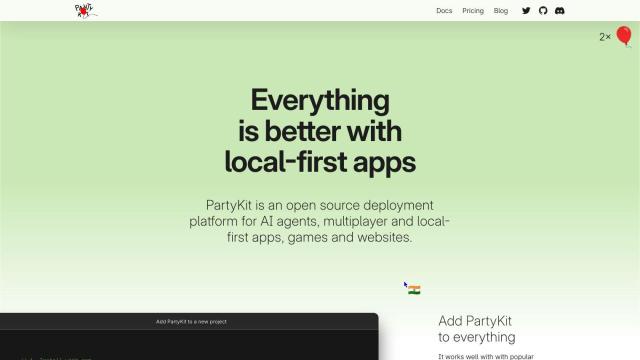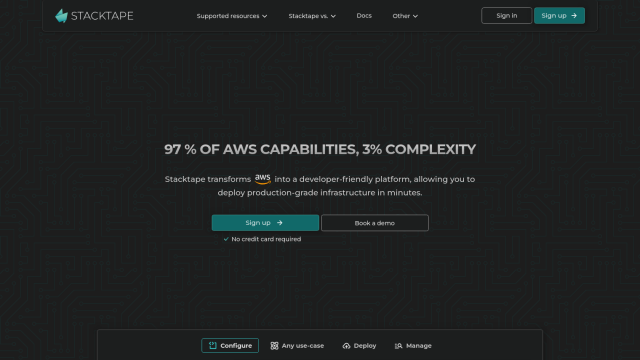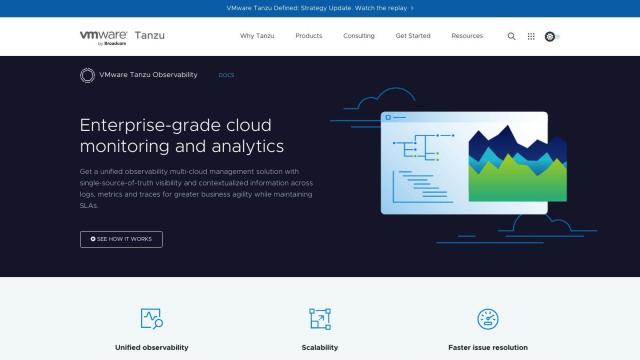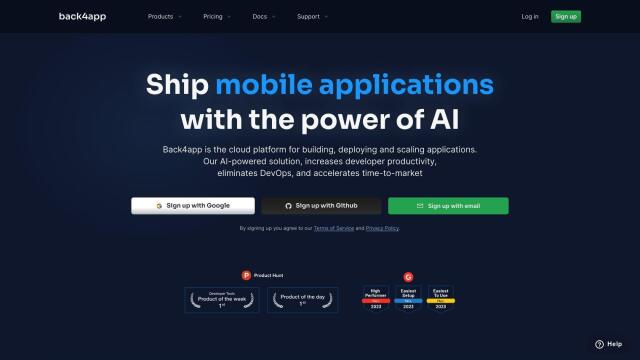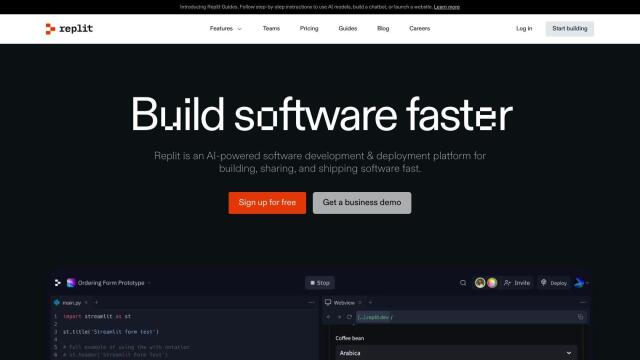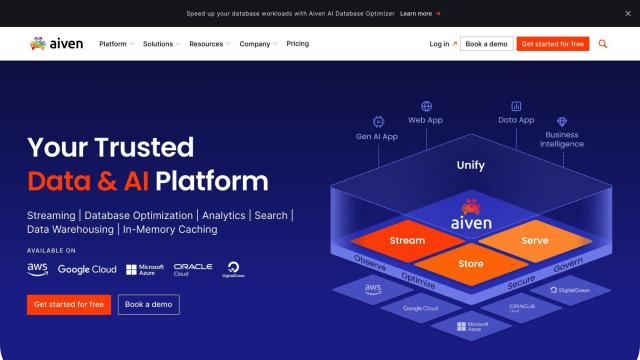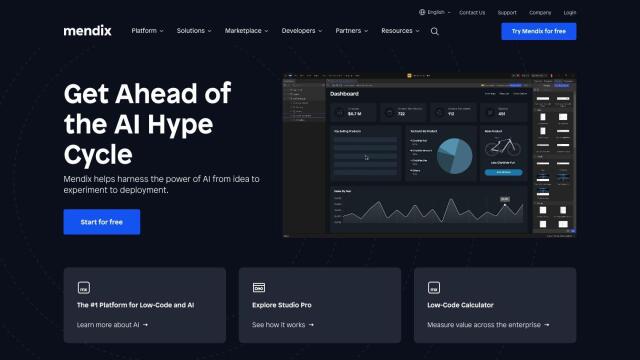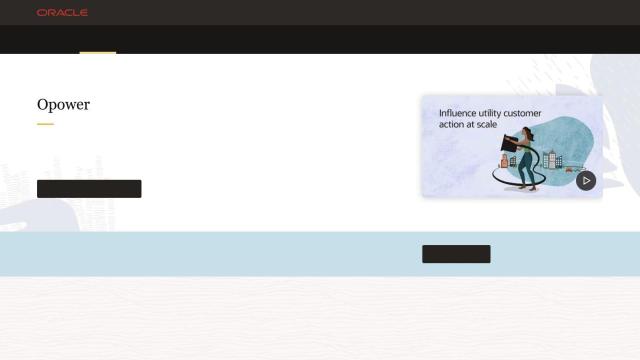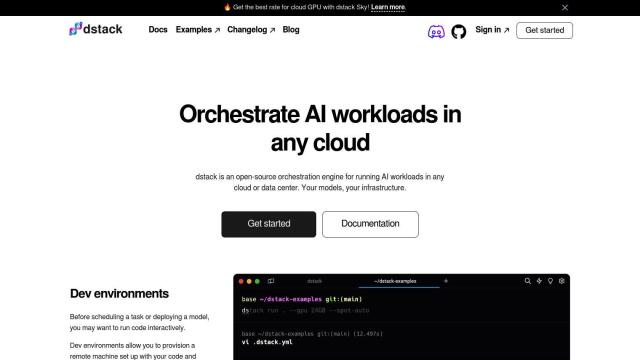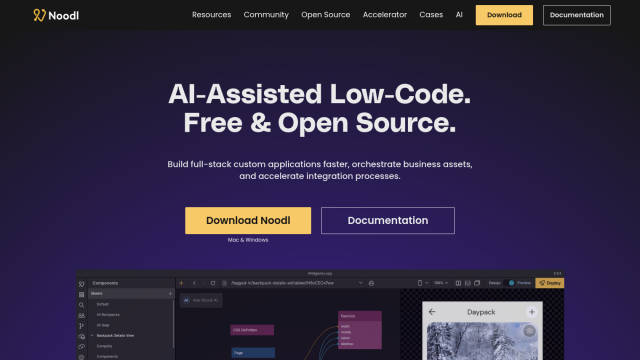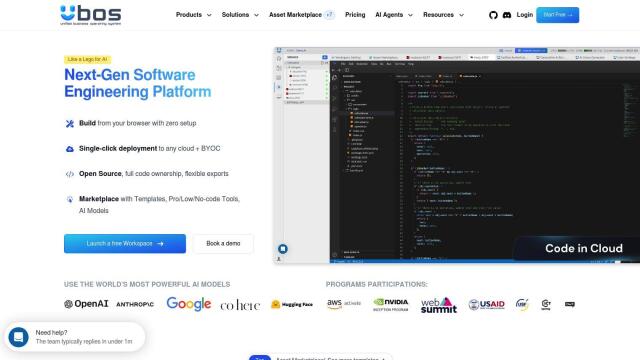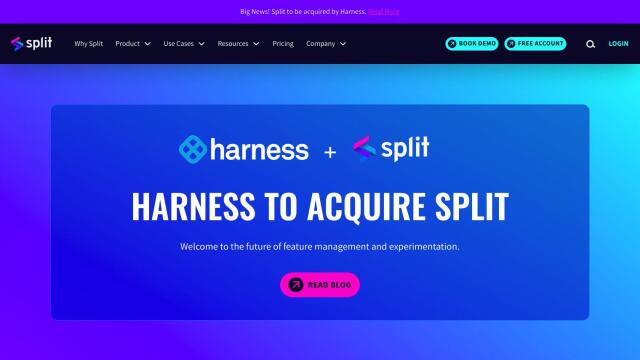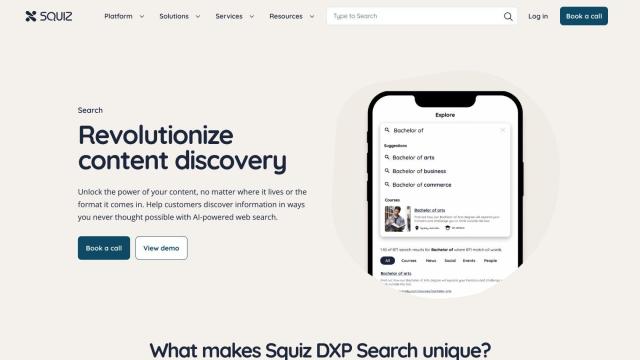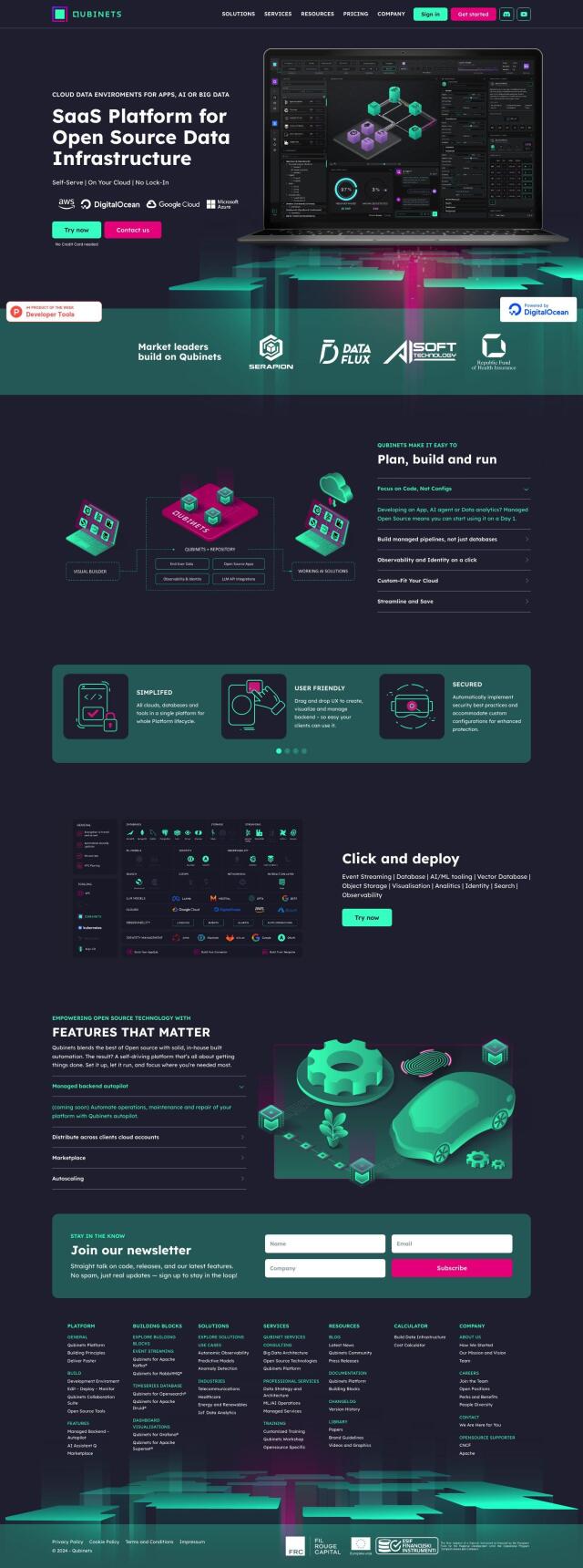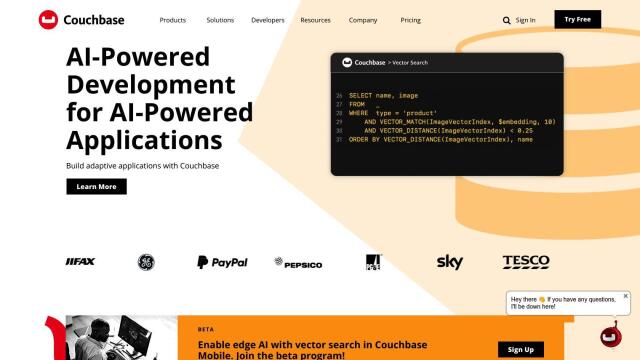Question: Can you suggest a deployment platform that integrates with my existing infrastructure and is compatible with web standards?


Vercel
If you're looking for a deployment platform that fits into your existing infrastructure and abides by web standards, Vercel is a good option. It's a full-stack service for deploying and managing web applications. Vercel supports a variety of frameworks and AI apps, with features like zero-config infrastructure, Git-connected deploys and real-time commenting. It also includes features for scalability and security like DDoS attack protection and global performance. It's a good option for developers and teams that want to build and deploy fast, personalized web experiences.


Pulumi
Another top contender is Pulumi, an open-source infrastructure as code (IaC) SDK. Pulumi lets developers write, deploy and manage infrastructure across multiple clouds using their preferred programming languages. It supports a variety of cloud providers like AWS, Azure, Google Cloud and Kubernetes. Pulumi's features include policy-as-code, automated testing and modularity, which can greatly increase productivity and scalability for infrastructure operations. It also offers a free plan and tools to help you migrate from existing infrastructure tools like Terraform and CloudFormation.

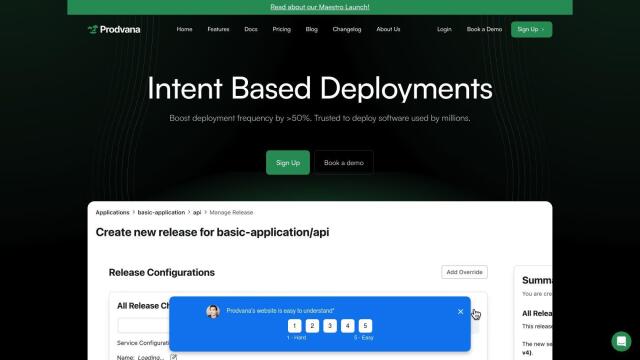
Prodvana
For those who need a smart deployment platform, Prodvana is a service that automates release paths based on user intent. It supports a variety of infrastructure choices like Kubernetes and serverless providers, and includes features like intent-based deployments, built-in guardrails and frictionless DevEx. Prodvana is designed for teams of any size and works with existing workflows, so it's a good option for those looking to increase deployment frequency and manage complex infrastructure.


Harness
Last, Harness is a software delivery platform that automates and optimizes the entire software delivery lifecycle. It uses AI for continuous integration, continuous delivery and cloud cost optimization. Harness provides automated pipelines for deploying software across multiple clouds and regions, with features like guardrails, continuous testing and secure infrastructure management. It integrates with tools like GitHub, Bitbucket and GitLab, so it's a good option for those who want to increase developer productivity and ensure a reliable software development process.

